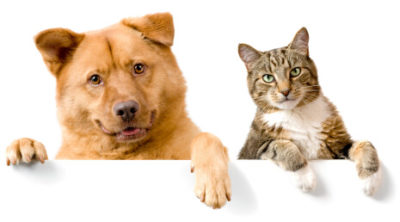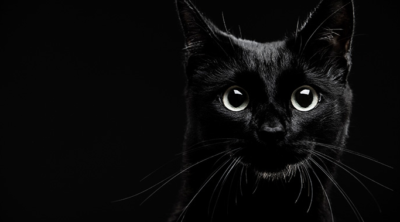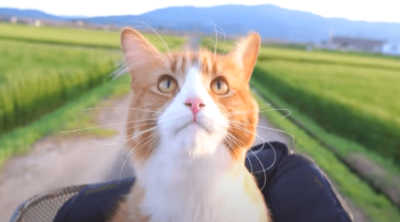
Cardiomyopathy in cats occur when the heart muscles are not able to pump sufficient blood to the rest of the body. In most cases, this happens due to damage to the heart muscles.
Cardiomyopathy (CM) refers to the disorder associated with the heart muscle. In this condition the heart does not function properly. The heart loses its efficiency and is unable to supply sufficient oxygenated blood to different organs of the body. Cardiomyopathy is considered to be the main cause of heart failure in cats.
Types
Dilated Cardiomyopathy
In this condition, the cat’s heart enlarges. As a result, the heart walls become thin and stretched.
Hypertrophic Cardiomyopathy
In this type, the heart is in proper shape, but the heart walls thicken to a great extent. This decreases the heart muscle’s ability to pump adequate blood, to meet the body needs.
Restrictive Cardiomyopathy
In this type, the heart muscles are damaged, which hinders its normal pumping action.
Symptoms
In most cases, the disease strikes without any prior warning. Owners come to know about the disease only when the condition of the cat turns critical. This is because the progression of the disease is very slow, and it may take several weeks or even months to reach the advanced stage. In early stages of the disease, the cat may appear normal. In general, cats may show the following symptoms when suffering from this heart condition:
- Poor appetite (The desire for food suddenly decreases)
- Cat becomes inactive
- Labored breathing; panting (difficulty breathing)
- Accumulation of fluid in the abdomen and lungs
- Bony over the back
- Enlarged liver
Causes
Veterinarians are still unable to identify the exact causes of this condition. But there are few health problems that can contribute to the development of this heart problem. Following are the medical conditions that can cause this disease:
Hyperthyroidism
In this condition, the thyroid gland is hyperactive, resulting in excess secretion of thyroid hormones. The work of the heart increases greatly due to overproduction of thyroid hormone. This is caused as the demand for oxygen increases. Cardiac symptoms can be easily seen in cats who have hyperthyroidism. Rapid heart rate and palpitations are common in cats with hyperthyroidism. Uncontrolled high blood pressure that eventually causes kidney failure, can also lead to hypertrophic cardiomyopathy.
Taurine Deficiency
Dilated cardiomyopathy may occur when cats do not have enough taurine (essential amino acid) in their diet. Taurine is an important building block of protein. However, taurine deficiency is rarely detected in cats as most commercial cat foods have an adequate amount of taurine supplementation. Cats will be deficient in taurine, if they are eating dog food, as amino acid is absent in it.
Treatment
Veterinarians often try to correct the cause, to successfully treat this condition. Hyperthyroid cats are given medications such as tapazole and methimazole to alleviate their thyroid condition. Other options include radioactive iodine therapy or thyroid surgery.
When underlying cause cannot be diagnosed, certain medications commonly known as ACE inhibitors, are given to improve cardiac function. Beta blocking drugs such as metoprolol, propranolol and atenolol are helpful to slow down the heart rate. Diuretics are used to remove accumulated fluids.
Other drugs that may be effective in the treatment of this heart problem in cats include vetmedin (pimobendan), benazepril (fortekor) and spironolactone (aldactone). These drugs help to improve the condition of the heart. A sodium restricted (low salt) diet is often recommended for cats suffering from this heart condition.
It is advisable to consult and seek advice from a veterinarian whenever the cat is seen to have the above mentioned symptoms, to maintain the cat’s health. Although the treatment may not cure this disease, it will allow the cat to lead a quality life for a few years.
Disclaimer: The information provided in this article is solely for educating the reader. It is not intended to be a substitute for the advice of a veterinarian.


